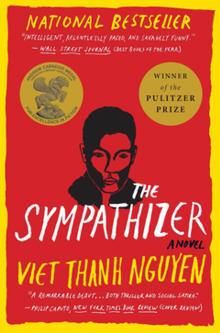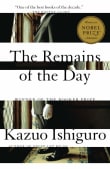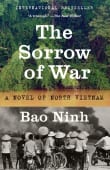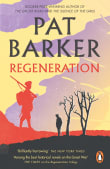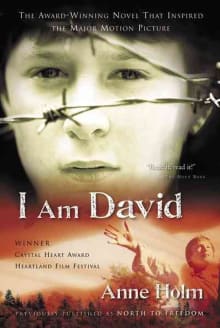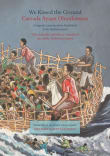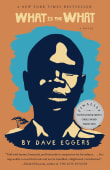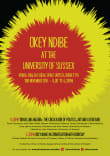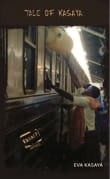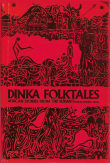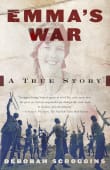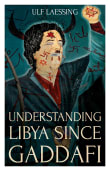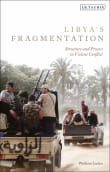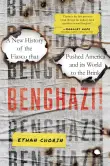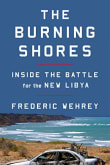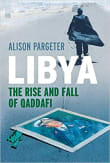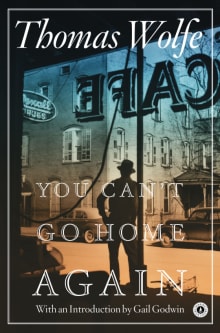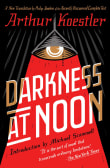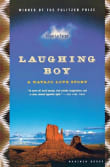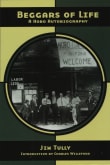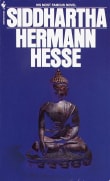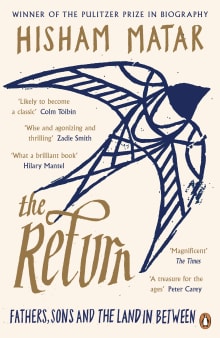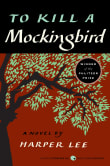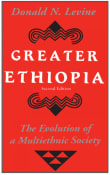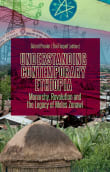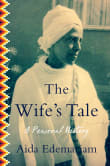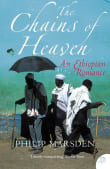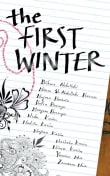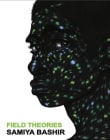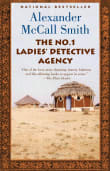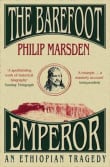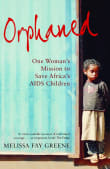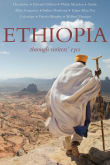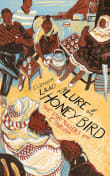
From my list on books for someone who grew up in wartime Vietnam in a family of anti-colonial activists.
Why am I passionate about this?
My interests lie in the personal experiences of war and revolution and their aftermaths. Radicalism and the Origins of the Vietnamese Revolution is a tribute to my parents' generation of young Vietnamese who sought to combine their attempts to free themselves of the shackles of oppressive tradition with the struggle to win independence from French colonial rule before the introduction of competing ideologies.
Hue-Tam's book list on books for someone who grew up in wartime Vietnam in a family of anti-colonial activists

Why did Hue-Tam love this book?
In this brilliantly written novel, the unnamed narrator embodies the divisiveness that war causes in individuals and their families, with loyalty to one side conflicting with affection for the enemy.
The novel is based on a real-life double agent who fed accurate (but incomplete) information to American journalists and more complete information to the National Liberation Front. After the war, he was sidelined for being too friendly to Americans.
8 authors picked The Sympathizer as one of their favorite books, and they share why you should read it.
WINNER OF THE PULITZER PRIZE FOR FICTION 2016
It is April 1975, and Saigon is in chaos. At his villa, a general of the South Vietnamese army is drinking whiskey and, with the help of his trusted captain, drawing up a list of those who will be given passage aboard the last flights out of the country. The general and his compatriots start a new life in Los Angeles, unaware that one among their number, the captain, is secretly observing and reporting on the group to a higher-up in the Viet Cong. The Sympathizer is the story of this captain:…
